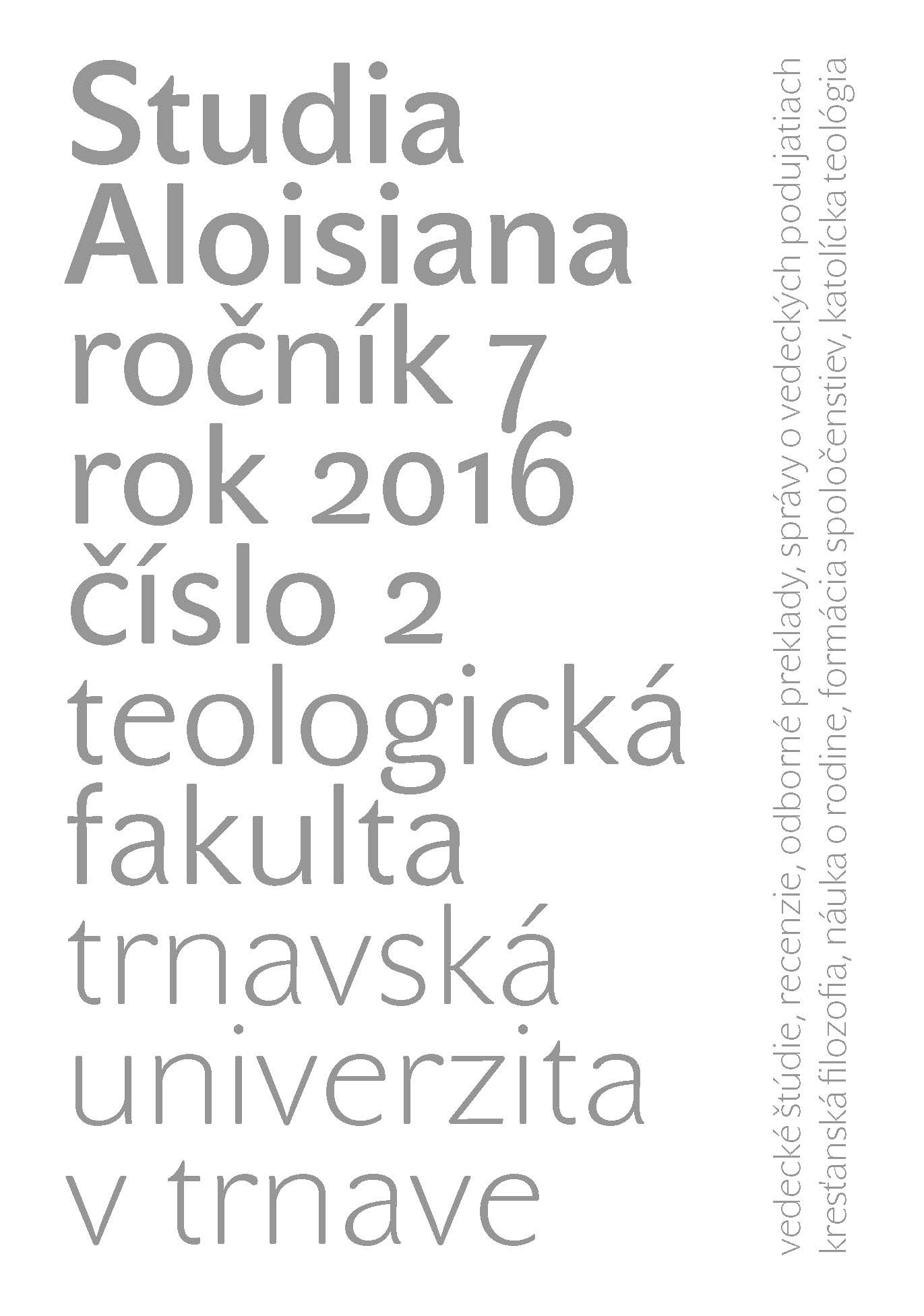Teilhardovské kritérium voľby náboženstva
Teilhard’s Criterion of Religion Choice
Author(s): Józef KuliszSubject(s): Anthropology, Philosophy, Sociology, Theology and Religion, Philosophy of Religion
Published by: Teologická fakulta Trnavskej univerzity
Keywords: philosophy of religion;religion;culture;sense of existence;criterion of choice
Summary/Abstract: In the Earth’s civilisation and the multiplicity of its cultures there exist Christianity; the great mystical religions of the East; the metaphysical sense of divinity of India; the naturalistic and practical sense of humanity of China; the collective heroic sense of Japan. There also exist humanistic pantheisms, fascism and Marxism in the past and today democracy. These are completely new forms of religion, religions where there is no God or revelation. They bring forward the belief in an ideal that is worth dying for, or even, as Erich Fromm says, worth losing one’s mind for. Despite his rather harsh evaluation of the Western civilisation, Teilhard de Chardin finds a possibility of explaining the current state of the cogitative layer of the Earth only in the mysticism of the West, as Christianity teaches us that it is only possible by virtue of the unifying power deriving from God. Love as the unifying power regains the dignity of the highest form of spiritual energy. Thanks to love, by accepting the invitation to the community with God, the uniting human being is saved and maintains forever his/her irreplaceable and indispensable entity in the communion with God and humanity.
Journal: Studia Aloisiana
- Issue Year: 7/2016
- Issue No: 2
- Page Range: 45-55
- Page Count: 11
- Language: Slovak

